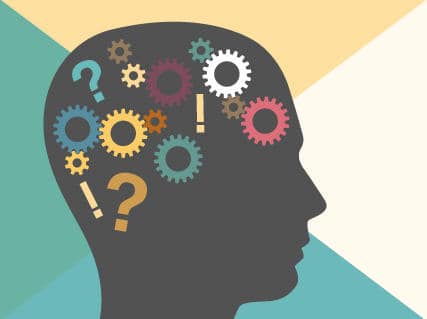India is confronting a mental health crisis, with one out of every three individual dealing with depression. The Mental Health societies in University of Delhi (DU) aim at improving this condition at student level, in the wake of Sri Venkateswara college’s new mental health club, “Empathise”.
Mental health is an indispensable part of character, and is more than the absence of mental disorders. It refers to a broad array of activities directly or indirectly related to the mental well-being, prevention of mental illnesses, treatment and rehabilitation of people affected by mental disorders.
According to the National Mental Health Survey of India 2015-16 (quoted by a 2017 World Health Organisation report), one in 20 people in India over the age of 18 have suffered from depression, and more than 80% of sufferers have not received any treatment. The National Crime Records Bureau reports that students made up almost 7% of recorded suicides in 2015.
The viewpoint of Indian people towards mental illness isn’t very comforting. There prevails a pervasive stigma that responds to it by maintaining a safe distance from those who are mentally ill or categorise people striving for mental help, as attention seekers. But over the past few years, Indian society has witnessed some changes and the number of people who deeply care for this cause has increased.
College societies play a very substantial role in developing students. They prove to be a good forum to generate changes, create acceptance and develop a healthier environment that is more than just attending classes and scoring well.
Bhavika Mehta, founder of “Empathise”, The Mental Health Club, Sri Venkateswara College said, “College can be a wonderful experience for many, but it could be miserable to a lot as well, given the fact that people from all backgrounds and pluralities come to one place. The objective of the club that will turn into a society would be to establish a safe and comfortable space for anyone who wishes to talk, our team would be there for them with open arms and listening ears.”
A society solely concerned with Mental Health is beneficial for the college and would eventually normalise the notion of needing mental help and stimulate people to not see depression, anxiety or any other discomfort as a call for attention, rather something really sensitive and severe.
There are several other colleges of DU amassing Mental Health societies that are working even on a larger scale. Friends’ corner, Hindu College is an active society that endeavours to make the college more empathetic. They also have a page called “Humans of Hindu” that encourages the students to share their stories. The White Rose Club, Gargi College, is another society that aims at spreading awareness, curtailing hate, and encouraging students to rise above their phobias. Apart from this, the colleges that are yet to have a Mental Health Cell, have shown their support to this cause on a secondary level. The NSS unit of Kamala Nehru College organised a peer mentoring session that encouraged freshers to reach out for any mental, emotional help, the society would provide them with assistance.
Students strongly believe that the fact that there is a need for such societies is an indication of how our educational institutions lack counsellors and therapists. A student instigated organisation cannot be a substitute for proper counsellors and psychological assistance. The Indian education system needs to realise the importance of this aspect and act on it on a wider scale.
Feature Image Credits: Mentalhealth
Avni Dhawan





Comments are closed.